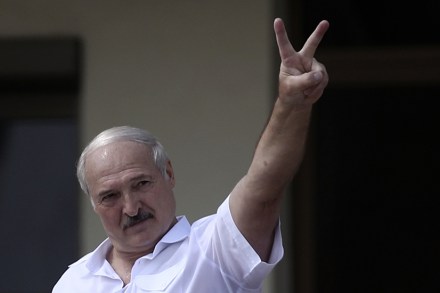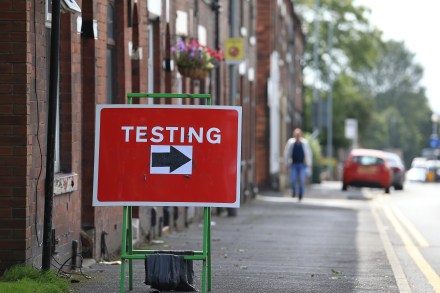The West doesn’t know best
I’d always rather liked the Finns, until I came across the conductor Dalia Stasevska. When I asked my mother what they were like, back when I was five or six and enjoyed staring at a globe of the world, she described them as ‘drunken and stupid, but very brave’. This was, by Mother’s standards, an extremely kindly benediction. Most of her descriptions of the world’s various people did not contain commendations. There were a few exceptions — Trinidadians were ‘drunken and stupid, but very cheerful’, for example. But by and large, to her the world comprised people who were drunken and stupid, apart from the Muslim world, where people were





















